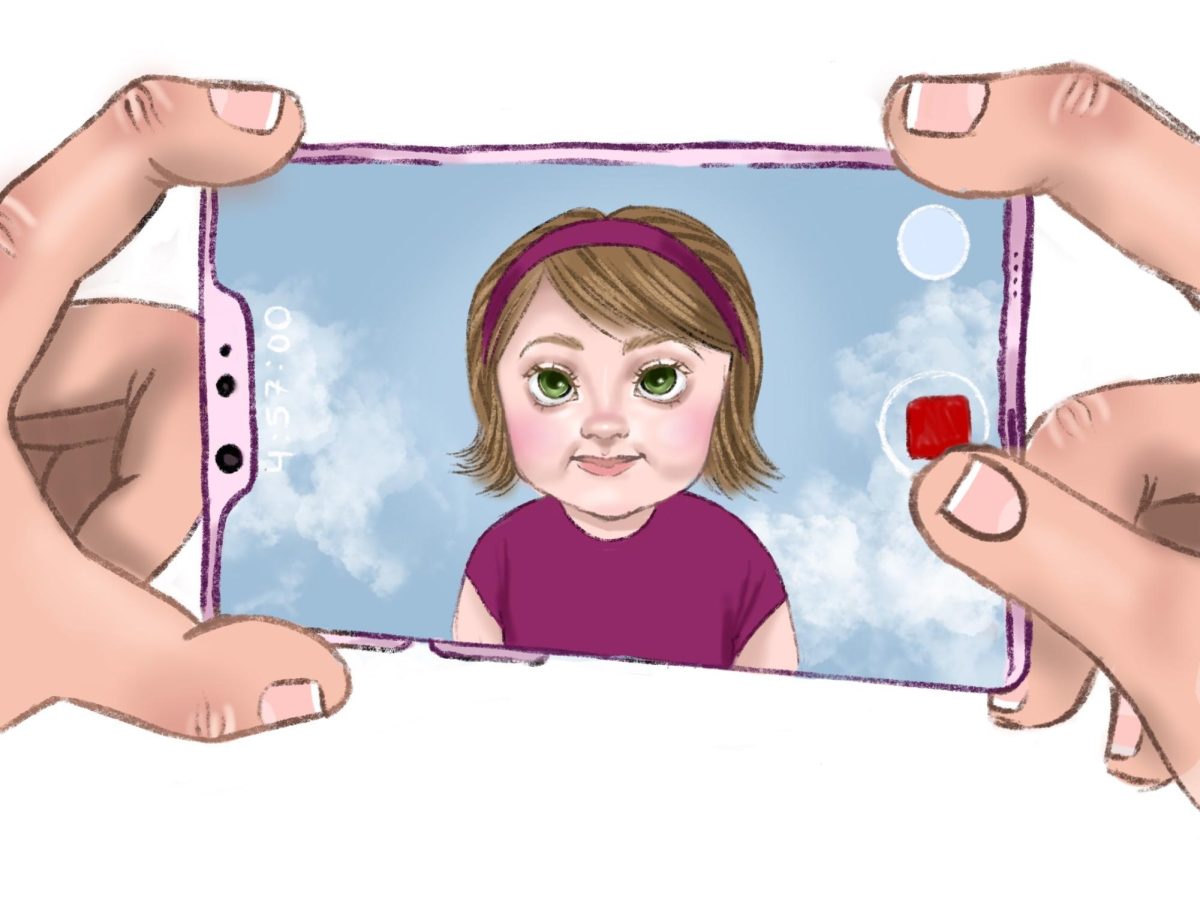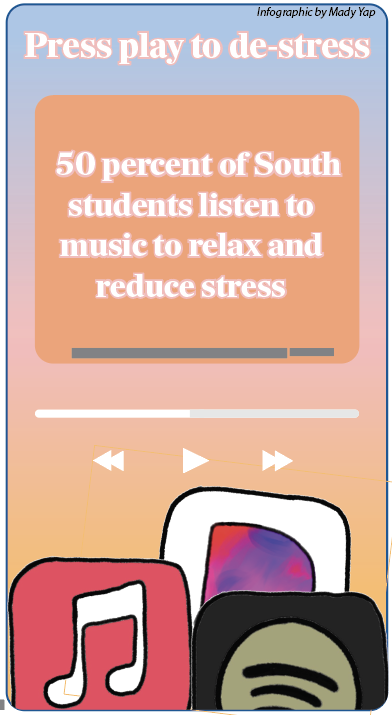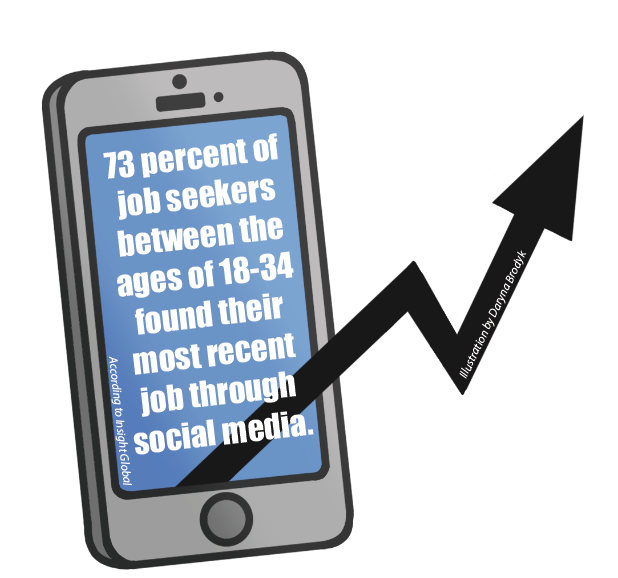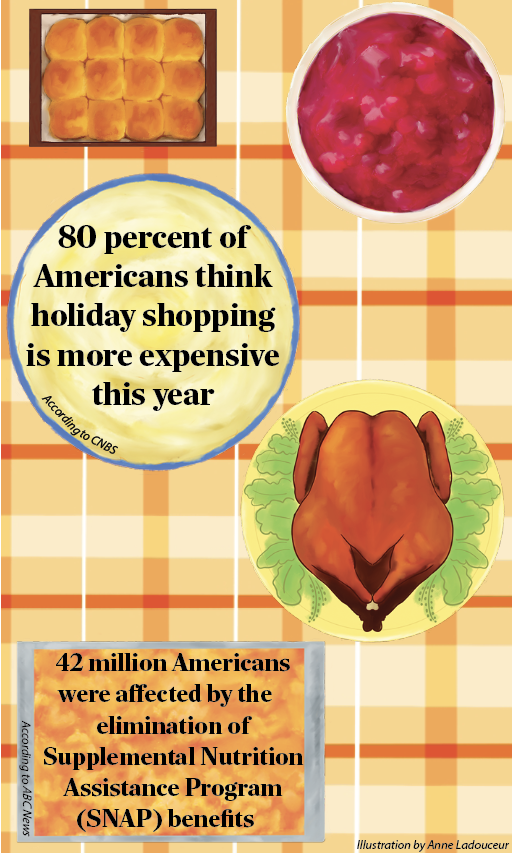Instead of dolls, there are cameras. Instead of playgrounds, there are video sets. Instead of building blocks, there are ring lights.
This is the unseen reality of children involved in family vlogging, or child influencing. Filming the daily lives of children, often including child exploitation.
Although many creators might appear innocent and wholesome, they raise concerns about boundaries between private and public life, consent and abuse, and long-term psychological damage, a 2024 study published by the American Bar Association, reported.
As someone who grew up in sync with the development of the internet and social media, I routinely encountered family content creators. Unlike many of my friends who found their content entertaining, I never understood why a parent would want to display their children to the world of social media.
Some possible benefits of family vlogging do exist, like a child looking to make a career in acting, a parent using the profit to fund the child’s college education, or maybe a parent’s desire to share their child’s talent.
As I got older, I realized that most parents’ motivation is not to make fun, light-hearted videos, but instead, is focused primarily on greed.
The monetization aspect can make child content creation addicting for the parent, an essay published by the Chicago Journal of International Law said. The more profit that is coming in, the easier it is for a parent to justify creating a more difficult life for their child.
In the past year, awareness has spread to wider audiences, with cases of abuse with family and child content creators coming to light. Some of the most famous are the Netflix docu-series on popular former YouTube family vlogging channel, “Eight Passengers”, along with child influencer Piper Rockelle. Both tell stories of mental, physical, and sexual abuse towards the children involved.
“Eight Passengers” filmed the everyday lives of the Franke family, a family of six kids with mother Ruby Franke managing the channel. Franke was arrested in August 2023 after police found one of Franke’s sons emaciated with open wounds and bound with duct tape, NBC News reported.
Franke’s abuse was blatantly uncovered when her son escaped captivity by running from Franke’s business partner’s house to a neighbor’s house, CBS News reported. Franke later confessed to authorities that her son and daughter were often kept bound and forced to do manual labor, a 2024 CBS News article reported. Franke was sentenced to up to 30 years in prison under six charges of aggravated child abuse.
Franke was able to maintain a growing platform without followers noticing that something was severely wrong since the majority of viewers are children themselves.
This contributes to the toxicity of family vlogging because it normalizes abuse on impressionable minds.
In the case of Piper Rockelle, Rockelle’s mother, Tiffany Smith, managed Rockelle and a group of pre-teen influencers. There were multiple reports by ex-members of the group and their parents of abuse, that ultimately led to many of the group members leaving and filing a lawsuit against Smith, a 2025 Los Angeles Times article said. In the Netflix docu-series on Rockelle, it was stated that her mother would sell her undergarments to men who followed Rockelle on the internet. Instances like these are reminders of the endless accessibility of the internet.
Rockelle is not the only child influencer who is watched by older men. Public platforms allow for anyone to follow them, often resulting in the majority of followers on a child influencer’s account, being male, a PBS News article said.
Although the lawsuit against Smith was settled, the trauma will forever live with these children, many of pre-teen’s parents told the Los Angeles Times.
These videos will always be on the internet, and even if the child’s choice to be on YouTube was completely their own, that decision was made when their brain was not fully developed, and they didn’t understand the potential consequences of making themselves susceptible to child predators, humiliation, and cyber bullying.
Although family vlogging and influencing can be entertaining or ethically profitable, the costs outweigh the benefits.
Ending the normalization of this form of content creation starts with the viewers. Only they can decide whether or not to give these creators a platform.








